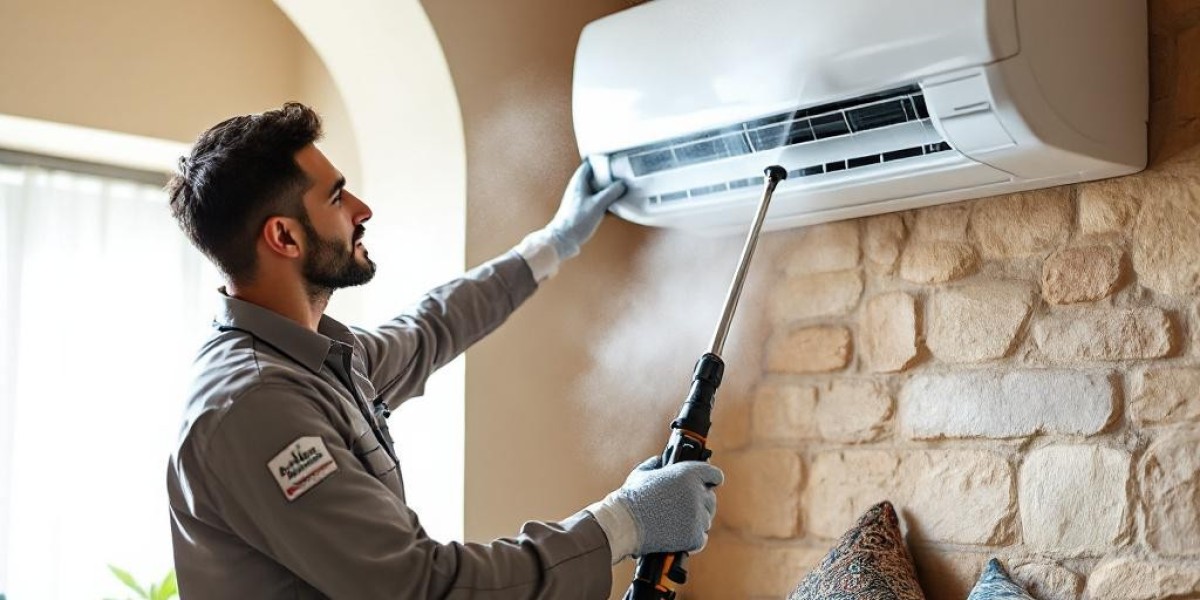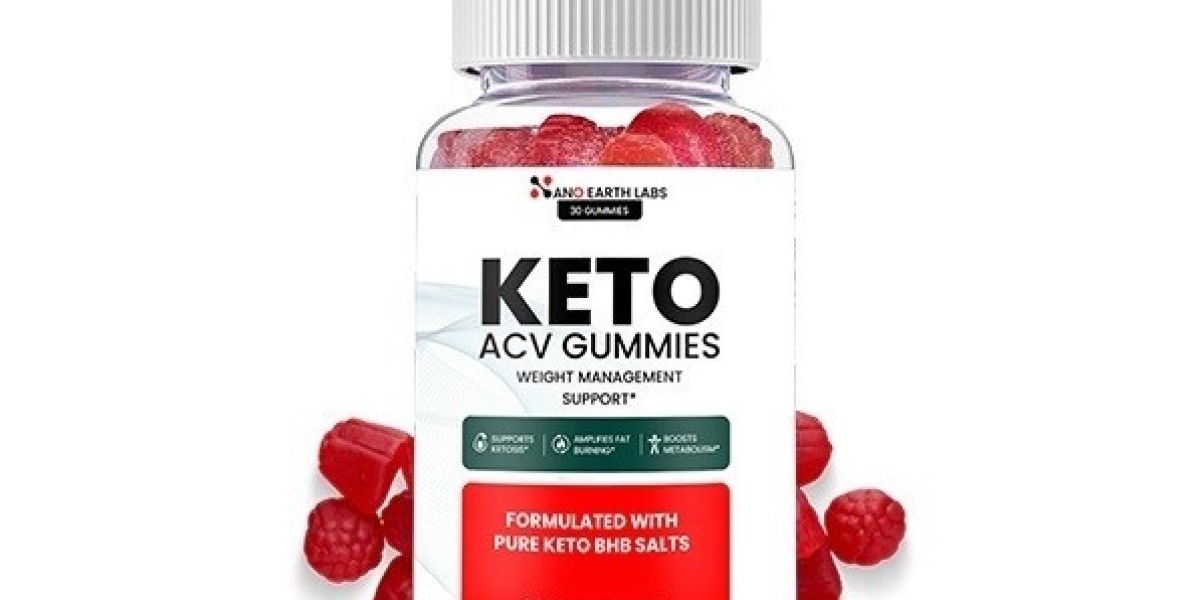شركة تنظيف مكيفات بالبدائع: جودة الهواء تبدأ من هنا
المقدمة
في ظل المناخ الحار الذي تعيشه المملكة العربية السعودية، أصبحت أجهزة التكييف جزءًا لا يتجزأ من حياة كل منزل ومكتب. ومع مرور الوقت، تتراكم الأوساخ والبكتيريا داخل هذه الأجهزة، مما يؤثر سلبًا على جودة الهواء وكفاءة الأداء. لهذا السبب، ظهرت الحاجة إلى خدمات تنظيف احترافية للمكيفات، وخاصة في المناطق السكنية الحيوية مثل محافظة البدائع. في هذا المقال، نسلّط الضوء على شركة تنظيف مكيفات بالبدائع، ونستعرض خدماتها ومميزاتها التي جعلت منها الخيار الأول للأهالي في المنطقة.
أولًا: أهمية تنظيف المكيفات في محافظة البدائع
تقع البدائع في قلب منطقة القصيم، وتتميز بأجواء حارة وجافة خلال أغلب شهور السنة. وهذا يجعل المكيفات تعمل لفترات طويلة يوميًا، مما يؤدي إلى:
- تراكم الغبار على الفلاتر والمراوح.
- انسداد الأنابيب الداخلية بالماء المتكاثف.
- ضعف التبريد وارتفاع استهلاك الكهرباء.
- انتشار البكتيريا والعفن داخل الوحدة.
إن تنظيف المكيفات بشكل دوري، خاصة في البيئات المغلقة مثل المنازل والمكاتب، يساهم في:
- تحسين جودة الهواء الداخلي.
- تقليل مخاطر الإصابة بأمراض تنفسية.
- الحفاظ على كفاءة التبريد.
- خفض فواتير الكهرباء.
- إطالة عمر المكيف.
ولهذا، فإن التعامل مع شركة تنظيف مكيفات بالبدائع يضمن لك نتائج مضمونة وخدمة ذات كفاءة عالية، بما يتناسب مع طبيعة المناخ المحلي واحتياجات العملاء.
ثانيًا: من هي شركة تنظيف مكيفات بالبدائع؟
تُعد شركة "فرسان القصيم" واحدة من أبرز مزودي خدمات تنظيف وصيانة المكيفات في منطقة البدائع، وتتمتع بسمعة طيبة بين السكان بفضل:
- خبرتها الطويلة في المجال.
- فريق عمل متخصص في صيانة جميع أنواع المكيفات.
- استخدام تقنيات حديثة وآمنة.
- التزامها التام بالجودة والمواعيد.
تعمل الشركة على مدار الأسبوع، وتغطي مختلف الأحياء والمناطق المحيطة بالبدائع، كما توفر خدمة الطوارئ في حال حدوث أعطال مفاجئة في وحدات التكييف.
ثالثًا: أنواع المكيفات التي تخدمها الشركة
تقدم الشركة خدماتها لجميع أنواع أجهزة التكييف الشائعة، ومنها:
- المكيفات الشباك (Window AC)
- المكيفات السبليت (Split AC)
- المكيفات المركزية (Central AC)
- المكيفات الصحراوية (Evaporative Coolers)
- أنظمة التكييف الذكية المرتبطة بالهاتف أو Wi-Fi
كل نوع له طريقة تنظيف خاصة به، وتُراعي الشركة الفروق التقنية الدقيقة بين الأنظمة المختلفة، مما يضمن سلامة الجهاز وعدم الإضرار بمكوناته.
رابعًا: خطوات تنظيف المكيفات الاحترافية
تتبع شركة تنظيف مكيفات بالبدائع خطة دقيقة عند تقديم الخدمة، وتتضمن هذه الخطوات:
1. الفحص الأولي
يبدأ الفني بفحص شامل لجهاز التكييف وتحديد مدى تراكم الأتربة أو وجود أعطال.
2. فصل التيار الكهربائي
لضمان سلامة الجهاز والفني، يتم إيقاف تشغيل التيار قبل البدء.
3. تنظيف الفلاتر
تُنظف فلاتر الهواء باستخدام مضخات هواء ومواد مضادة للبكتيريا.
4. غسل الملفات والمروحة
يتم استخدام أجهزة رش الماء بضغط خاص لإزالة الأوساخ العالقة في الملفات الداخلية.
5. تنظيف الوحدة الخارجية
تشمل إزالة الأتربة والحصى من مروحة الضاغط والأنابيب الخارجية.
6. تجفيف وفحص الأداء
بعد التنظيف، يُعاد تشغيل الجهاز للتأكد من كفاءته وسلامة تشغيله.
خامسًا: مزايا اختيار شركة تنظيف مكيفات بالبدائع
هناك العديد من الأسباب التي تجعل سكان البدائع يفضلون هذه الشركة، وأبرزها:
- ✅ طاقم فني مدرب: جميع العاملين مؤهلون ومعتمدون في مجال التكييف.
- ✅ معدات متطورة: استخدام أجهزة تنظيف بالضغط العالي ومواد صديقة للبيئة.
- ✅ استجابة سريعة: وصول خلال وقت قياسي لأي منطقة داخل البدائع.
- ✅ ضمان الخدمة: تقدم الشركة ضمانًا مكتوبًا على نتائج التنظيف.
- ✅ خدمة على مدار الساعة: متوفرة حتى في أيام العطل والإجازات.
سادسًا: الأسعار والباقات والعروض
توفر الشركة باقات مرنة تناسب جميع شرائح المجتمع، منها:
نوع الخدمةالسعر (تقريبي)تفاصيلتنظيف مكيف سبليت100 – 150 رياليشمل الوحدة الداخلية والخارجيةتنظيف مكيف شباك70 – 100 ريالشامل فك وتركيب وتنظيفتنظيف مركزييبدأ من 300 ريالحسب حجم الوحدة وعدد الغرفباقة سنوية (4 زيارات)450 – 600 ريالمتابعة دورية خلال العام
كما تُقدم خصومات خاصة للعائلات، والشركات، والمؤسسات التعليمية في محافظة البدائع.
سابعًا: فوائد صحية وتنفسية للتنظيف المنتظم
من أبرز الفوائد الصحية التي تعود على الأسرة عند تنظيف المكيفات:
- تقليل فرص الإصابة بالحساسية والربو.
- القضاء على البكتيريا والفطريات المتراكمة داخل الوحدة.
- منع تكون العفن داخل المكيف.
- تحسين جودة النوم وتقليل الأرق الناتج عن الهواء الملوث.
ثامنًا: خدمات إضافية من الشركة
إلى جانب تنظيف المكيفات، تقدم الشركة خدمات متنوعة أخرى تشمل:
- تعبئة غاز الفريون.
- صيانة أعطال التكييف الكهربائية.
- تنظيف مجاري الهواء (Duct Cleaning).
- تنظيف خزانات المياه.
- مكافحة الحشرات والآفات المنزلية.
- تنظيف وتعقيم المنازل.
هذه الخدمات تجعل الشركة شريكًا متكاملاً في إدارة وصيانة المنزل أو المؤسسة.
تاسعًا: آراء العملاء وتجاربهم
عدد كبير من سكان البدائع شاركوا تجاربهم مع الشركة عبر الإنترنت، وتركوا تقييمات إيجابية، مثل:
- "خدمة ممتازة وسريعة، الفني محترم وشرح كل شيء بالتفصيل."
- "بعد التنظيف، المكيف صار يبرد أقوى من قبل، ورائحة الغرفة تحسنت كثيرًا."
- "طلبت خدمة في يوم الجمعة ووصلوا خلال ساعة، خدمة على مستوى عالي."
عاشرًا: طريقة الحجز والتواصل
يمكنك حجز الخدمة عبر إحدى الطرق التالية:
- الاتصال على الرقم الموحد: 0550354144
- إرسال رسالة عبر واتساب أو الموقع الرسمي.
- الحجز المباشر من خلال حساب الشركة على "خرائط قوقل".
كل ذلك يتم بسهولة وسرعة، مع تأكيد فوري للموعد وإرسال الفني في الوقت المتفق عليه.
الخاتمة
في منطقة مثل البدائع، حيث يُعتمد على المكيفات بشكل يومي طوال العام، تصبح خدمة تنظيف المكيفات ضرورة لا غنى عنها. واختيارك لشركة ذات سمعة قوية مثل شركة تنظيف مكيفات بالبدائع يمنحك راحة البال، ويضمن بيئة صحية وآمنة داخل منزلك أو مكان عملك. لا تنتظر حتى تتفاقم المشكلة أو ترتفع فاتورة الكهرباء، اتخذ الخطوة الآن واحجز خدمة تنظيف محترفة توفر عليك المال وتحافظ على صحتك.










